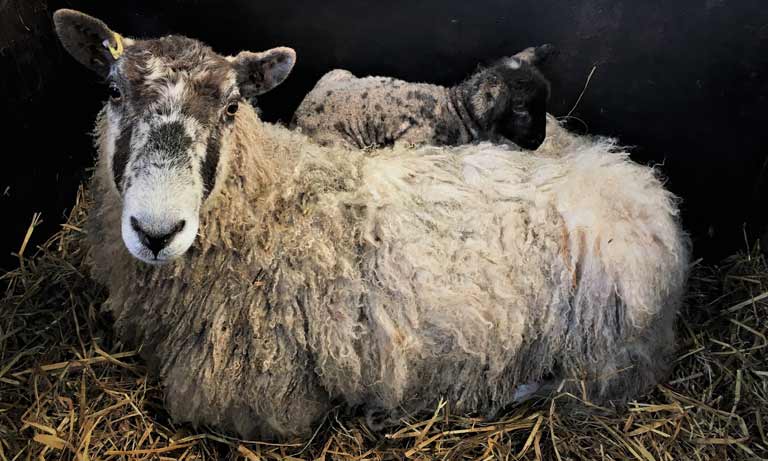Non-stun slaughter
What's the issue?
Pre-stunning makes sure that animals are unconscious and insensible to pain before they are slaughtered. Evidence on slaughter without pre-stunning, known as non-stun slaughter, shows that animals:
- feel the pain of the neck cut;
- experience a delay in loss of consciousness (lasting up to 2 minutes in cattle); and
- are highly likely to suffer pain, suffering, and distress during the cut and bleeding.
The EU regulation on the Protection of animals at the time of killing and regulations in England, Scotland, Wales, and Northern Ireland require that all livestock are stunned before slaughter to render them insensible to pain at the time of killing.
EU and UK legislation allows an exemption for animals slaughtered in accordance with religious rites which provides for non-stun slaughter where food is intended for the consumption of Jews and Muslims.
Figures from the Food Standards Agency indicate that in 2018 over 94 million cattle, sheep, and poultry were slaughtered in England without being pre-stunned.
Some parts of the Muslim community do accept pre-stunning. Figures from the Food Standards Agency (FSA) indicate that in 2018 58% of all halal meat in England was pre-stunned.
There is currently no non-stun slaughter in Scotland, Wales, and Northern Ireland.
What's our view?

All animals should be stunned before slaughter.
While our long-term aim is to move towards an end to non-stun, we’re calling for improved regulation of non-stun slaughter. The UK governments should take several pragmatic steps to ensure that supply of meat from non-stunned animals meets the demand of the religious communities the derogation in UK legislation is intended to serve. So, we’re calling for:
- The introduction of a non-stun permit system to ensure that the number of animals slaughtered without prior stunning does not exceed the relevant demand of the UK’s religious communities.
- A ban on the export of meat from animals that have not been stunned before slaughter.
- Clear labelling of meat and meat-products from animals that have not been stunned before slaughter.
- Improved public procurement – public service should only procure meat and meat products from animals that have been stunned before slaughter, unless there is a specific request to meet the needs of a specified UK religious community
- Robust and regular reporting on: the numbers of animals that aren't stunned; the numbers that don't receive an effective stun; and the amount of non-stun meat that is exported.
- Positive dialogue with religious certification bodies to promote stunning.
BVA position on welfare of animals at slaughter
Get involved
- Write to your MP to support our calls for all animals to be stunned before slaughter. Find your MP.
- Use our BVA #ChooseAssured: UK farm assurance schemes infographic to help you choose meat products that have been stunned before slaughter.
- Contact our policy team for more information.
